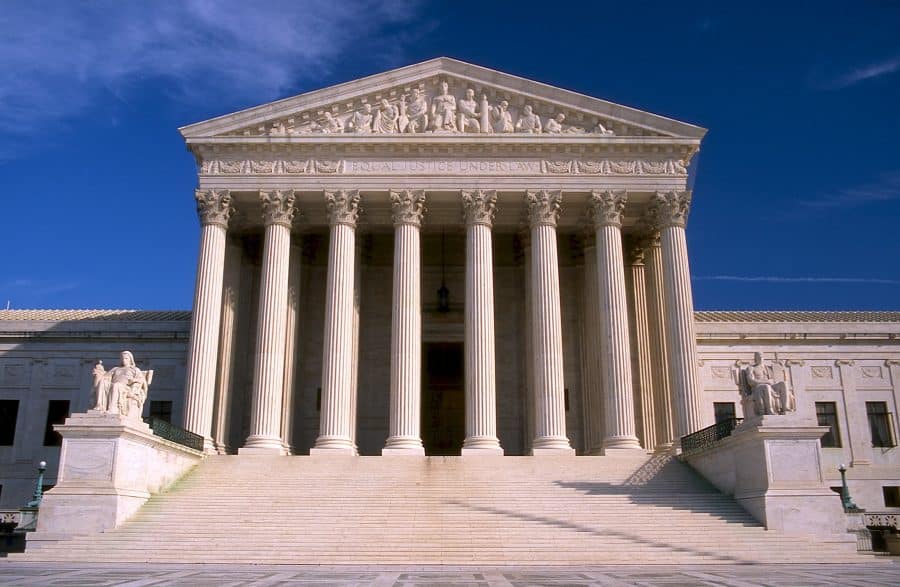Despite Supreme Court’s ruling, employers may still develop their own vaccine mandates.
On January 13, 2022, the U.S. Supreme Court blocked OSHA from enforcing its COVID-19 vaccine and testing mandate for employers with 100 or more workers. Read below to see what this means for employers and employees.
The ETS initially required employers with 100 or more employees to develop mandatory vaccination programs. However, the Court found that the OSHA mandate went way too far, finding it to be an unprecedented overreach of the agency’s authority. Shortly after the decision, the White House issued a statement saying:
“As a result of the Court’s decision, it is now up to States and individual employers to determine whether to make their workplaces as safe as possible for employees, and whether their businesses will be safe for consumers during this pandemic by requiring employees to take the simple and effective step of getting vaccinated.”
Despite what some sources are reporting and what many employees seem to believe, the Court did NOT find that vaccine mandates are unconstitutional. Instead, the ruling only found that OSHA cannot force employers to implement mandates in the way the agency did. This narrow ruling means that employers remain free to create their own vaccine mandates.
So how are employers reacting to the Court’s decision? It seems to be a mixed bag. For instance, Starbucks dropped its vaccine mandate and testing requirements for its more than 200,000 employees while apparel company, Carhartt ,which employs approximately 3,000 workers in the U.S., has decided to continue enforcing its own vaccine mandate.
As the pandemic continues to evolve so will employers’ responses. What employers can and cannot require of their employees continues to be a point of confusion for many. If you have any questions, our attorneys are here to help navigate these confusing waters.



